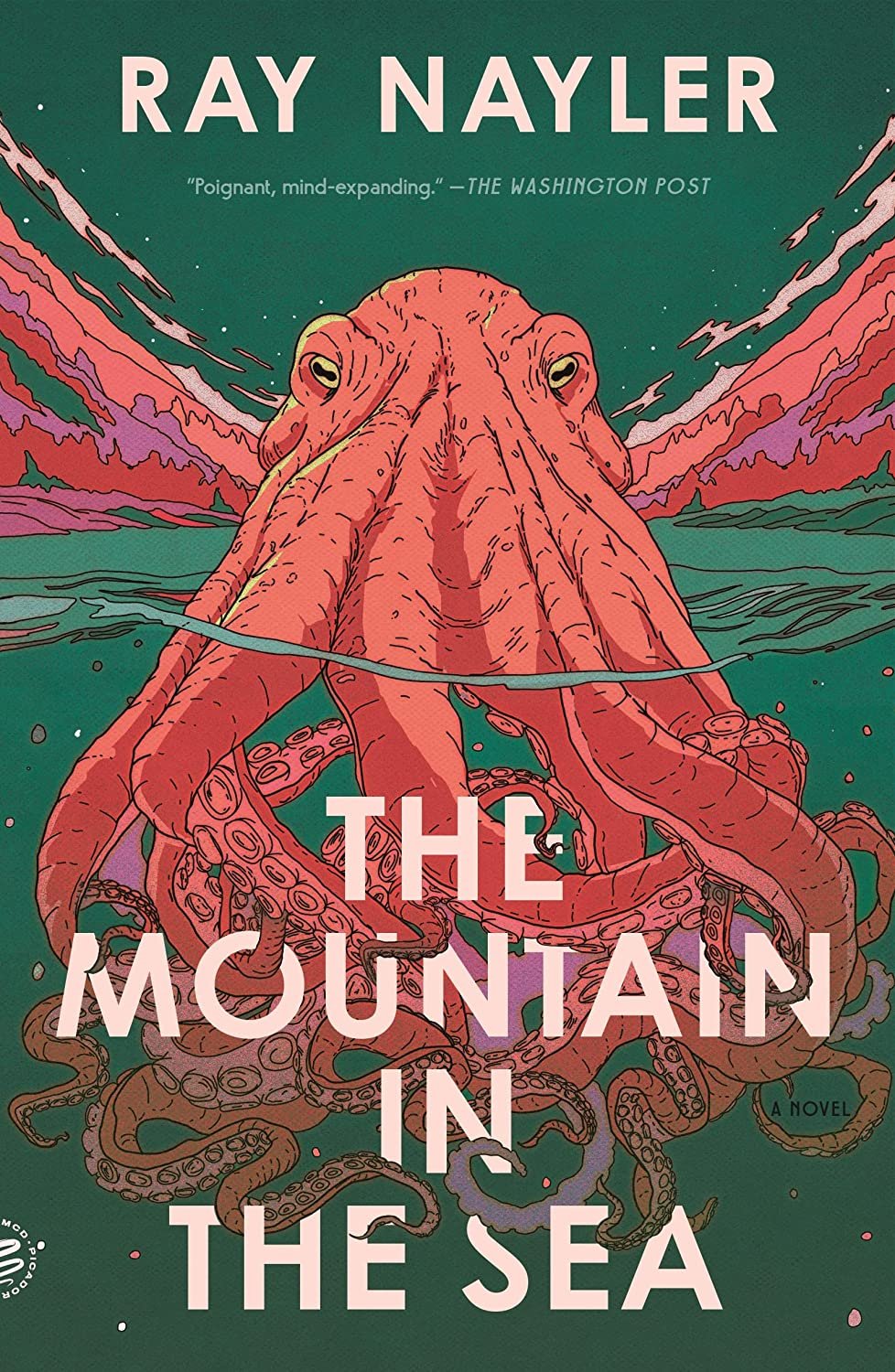anaulin@bookwyrm.social reviewed Mountain in the Sea by Ray Nayler
Thoughtful hard sci-fi
5 stars
This is a thoughtful work of sci-fi with the relationship between humans and their environment as a central theme. With a mystery at its center (or perhaps two or three mysteries, depending how you count), it was an exciting read, and also a moving and thought-provoking one, touching on themes what it means to be conscious, to communicate with other beings, to connect, to be a part / apart.
This was much "harder" on the science than most of what I've been reading recently, and certainly harder than the most of the recent Hugo and Nebula nominees and awards. I'm surprised I haven't seen more buzz about this book.





